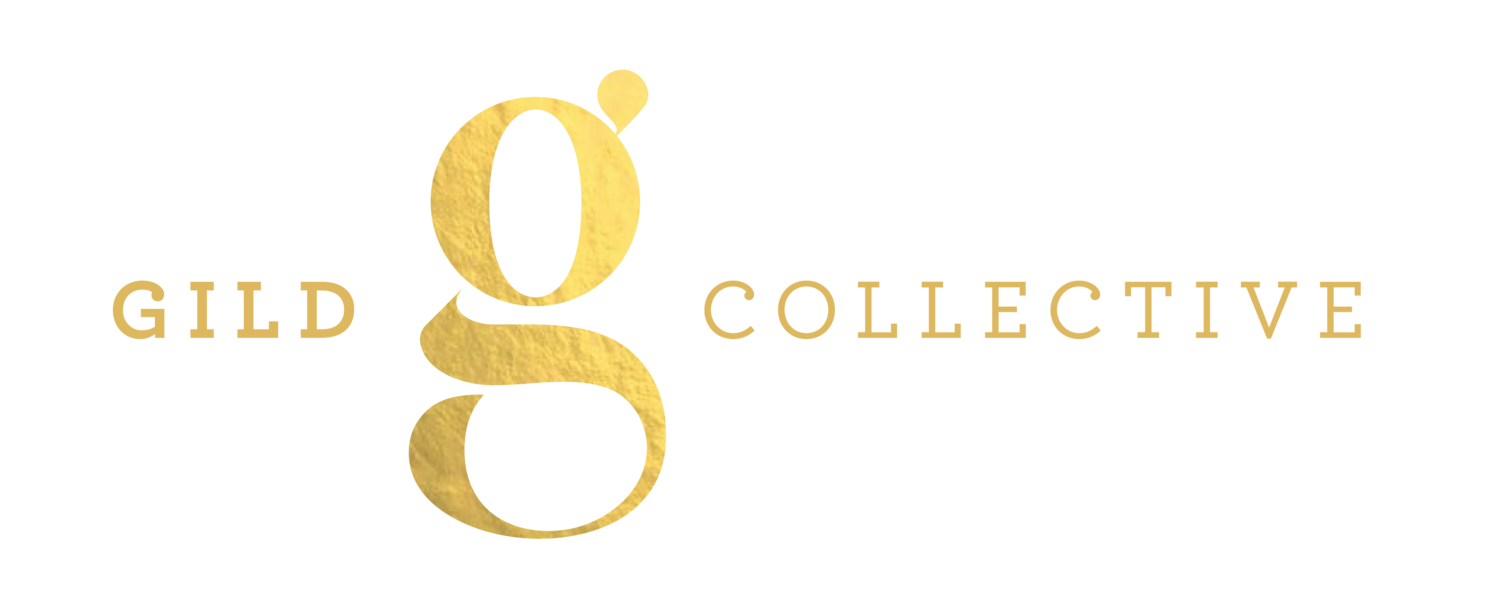Image from Abbie Kinnett of Okota Photography
Do you believe in equality of genders? Cool, then you’re a feminist.
Do you prefer the Urban Dictionary definition of a feminist instead? Okay, maybe you’re not one.
But I say “maybe” because I don’t really know you, and I don’t want to make a blanket assumption. I get frustrated by blanket assumptions, especially those related to the topics of gender equality, women’s rights, and the people who believe in those things. I also get frustrated about the blanket assumptions and biases – known or unconscious – that tip the scales away from equality, but let’s save those for another day.
With the work we do at Gild Collective, I spend a lot of time reading research reports, the latest articles, the comments on those articles, and long chains of dialog on social media posts. What has become clear to me is that there are a million different brands of feminists. There are a million different ways to express your beliefs, structure your family, pursue your career, or put your pants on as a feminist. And guess what? Each of us is still a feminist.
Men
Women
Transgender
Gender fluid
Conservatives
Liberals
Politically agnostic
Those that work outside the home
Those that choose to stay home
Republicans
Democrats
Independents
Those unsure of party affiliation
Those that speak out every time
Those that speak out sometimes
Those that are afraid to speak out
Those that vote
Those that stay home
Those that have kids
Those that don’t have kids
Those who never want to have kids
Those that protest
Those that counter-protest
Those that would never protest
Religious
Not religious
Those with confidence
Those lacking confidence
Gay
Straight
Bisexual
Those who mentor
Those who don’t have time to mentor
Those of all races and ethnicities
Those who cry
Those who put on a brave face
Those who care what other people think
Those who couldn’t care less
Those who participate in gender-focused groups
Those who won’t touch a gender-focused group
Those energized by activism
Those unsure of activism
Social posters
Social commenters
Social lurkers
Social abstainers
The challenge for all of us is to recognize that we – all of us feminists – are on the same metaphorical “team.” We might all go about our days and our lives in different ways, but we can’t assume that any one way to be a feminist is better than another. Yes, we probably disagree on some things. But if we’re going to make an assumption, can we assume that each of us is doing the best we can to drive toward gender equality?
If your answer is no, that’s fine. You’re still a feminist.
A bit of context for this article: I am a co-founder of a company focused on women’s leadership and gender diversity and inclusion in the workplace. I am also a human being with my own thoughts, feelings, and opinions about what gender equality should look like in the workplace, outside of it, and yes, even in the political realm. As I’m sure many of us do on a daily basis when we head into work, we don’t publicize some of these personally held beliefs. At Gild Collective, we aim to create content and programs that are inclusive and productive, not alienating and stunting. If we’re getting it wrong, we want to know. But sometimes it feels like we’re living in our own worst double-bind scenario. Too activist or not enough, too political or not enough, too extreme or not enough, too progressive or not enough. I know we can’t be all things to all people, but I am eager to move toward a time where we aren’t judged on these spectrums, but rather for the outcomes we produce.
It all comes back to those blanket assumptions. I can work against my nature to view you on those spectrums if you can do the same for me. And when in doubt, disagreement, or even outrage – let’s talk it out.
For more information on how to solve your big gender diversity and inclusion challenges, ask us.
This post was originally published at womenofcincy.org.

